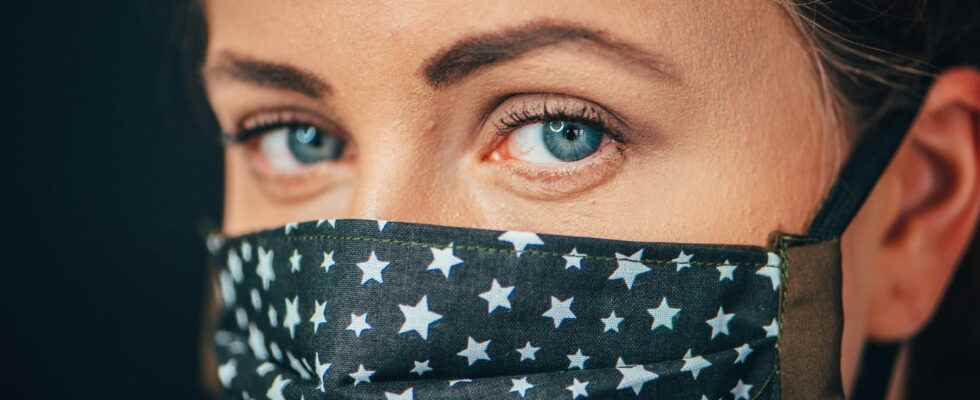BARRIER GESTURE COVID 2022. “I solemnly call on the French to respect barrier gestures” declared François Braun on December 4. Mask, ventilation… Reminder of the essentials to avoid the Covid.
To protect yourself from Covid-19 but also from other respiratory viruses (flu, cold, gastro…), it is necessary to apply several gestures called “barriers“. Faced with the recovery of the Covid that began in November and which is currently continuing, the port of the mask could become mandatory again at least it is not ruled out as the Minister of Health François Braun indicated on December 4. “So as not to saturate our hospitalsI solemnly call on the French to respect barrier gestures and get vaccinated he added.
My hand will not shake if it is necessary to impose the mask in transport. We are now facing a triple epidemic of influenza, bronchiolitis and Covid. In order not to saturate our hospitals, I solemnly call on the French to respect barrier gestures and to get vaccinated. pic.twitter.com/u62roEajuG
— Francois Braun (@FrcsBraun) December 4, 2022
1. Put on a mask
Since May 16, 2022, wearing a mask is no longer compulsory in transport, but it remains recommended during peak hours. In a context of strong circulation of the virus and in order to protect fragile people, it is essential to have the reflex to wear a mask (surgical, FFP) in the following situations:
- in closed places that are poorly ventilated and/or ventilatedparticularly in public transport (train, bus, plane, metro, etc.);
- in places of high promiscuity including outdoors;
- in the presence of the elderly, immunocompromised, chronically ill and frail ;
- in case of symptoms ;
- up to 7 days in case of contact status at risk or out of isolation ;
- in establishments health and medico-social ;
- for immunocompromised people, able to wear it and after medical consultation, wearing the FFP2 mask is also possible.
2. Ventilate for 10 minutes
Viruses, and more particularly the coronavirus emitted in saliva droplets, can remain suspended in the air in closed places for several hours. To get them out of the room, the Ministry of Health recommendsventilate 10 minutes every hour if possible (open the windows of the office, of each room of the house, of the apartment…) or at least 3 times a day.
3. Wash your hands
Shaking hands, exchanging currencies, objects, holding doors… We can’t imagine all the microbes that are on the surfaces we touch all day. “On average, our hand comes into contact with our face up to 3,000 times a day” remind him Ministry of Health. Hand washing is a must to get rid of viruses. Hands should be washed with water and soap (preferably liquid) for 30 seconds or, failing that, with hydro-alcoholic gel. It is therefore recommended to always wash your hands :
- after taking public transport (bus, car, train, metro),
- when arriving at the office or at home;
- after each outing;
- after blowing your nose, coughing or sneezing;
- before and after caring for a baby;
- before preparing, serving or eating meals.
4. Stay away from others
There are no longer firm rules on reunions, whether in families or outside. But to avoid the transmission of Covid and other winter viruses, the physical distancing remains strongly recommended, especially in the absence of wearing a mask. the government recommends respecting a distance of at least two meters from others. Also it is always recommended to greet without shaking hands and avoid hugs.
5. Cough and sneeze into his elbow
Germs spread very easily through tiny droplets that are projected into the air when a sick person coughs or sneezes. This is why it is recommended that both adults and children systematically cough and sneeze. in the bend of his elbow, rather than in his hands, limits the risk of contamination. If this is not possible, it is recommended to cover your mouth with a single-use tissue, throw it away and then wash your hands.
Source: Ministry of Health, September 21, 2022.

